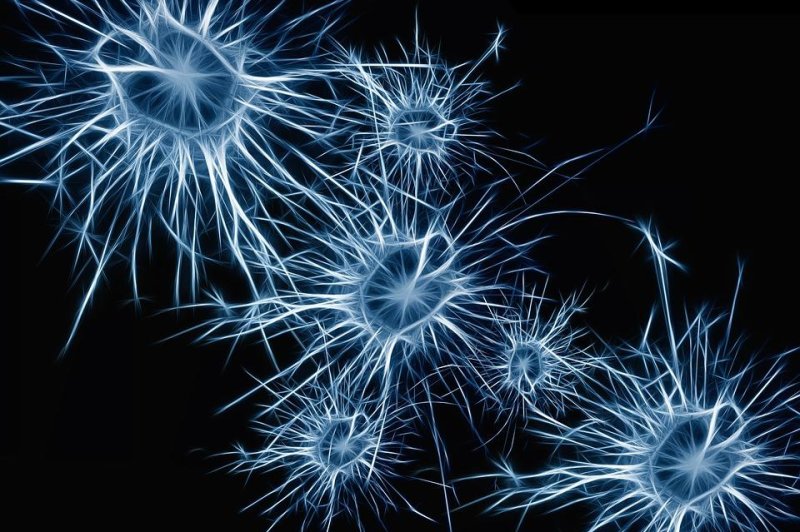April 11 (UPI) -- Research by the Karolinska Institute in Sweden was able to reprogram cells in the brain to revert motor symptoms in a mouse model of Parkinson's disease.
Researchers were able to reproduce the cellular function and responses in human brain cells in a laboratory setting. The conversion of brain cells into a subset of nerve cells known as dopamine neurons is key to the research because dopamine neurons are what degenerate and die in the brains of Parkinson's patients.















